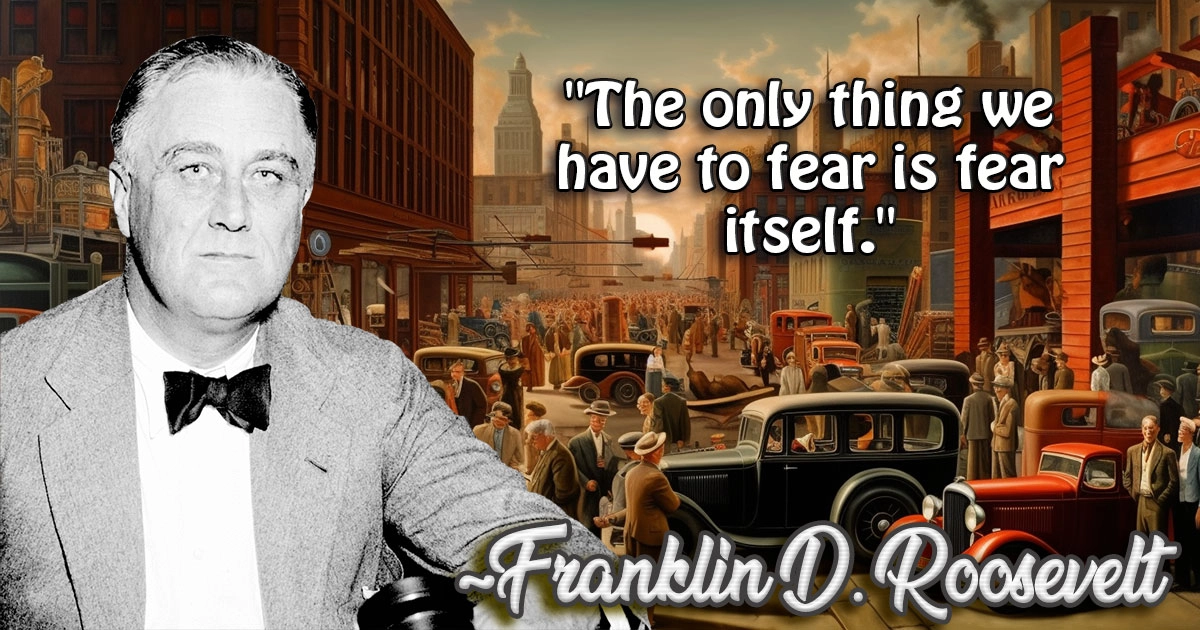
Franklin Delano Roosevelt, born on January 30, 1882, in Hyde Park, New York, emerged from a lineage of affluence and political prominence. His parents, James Roosevelt and Sara Ann Delano, provided him with a privileged upbringing. Educated by private tutors during his formative years, Franklin was molded in an environment that emphasized public service and civic responsibility.
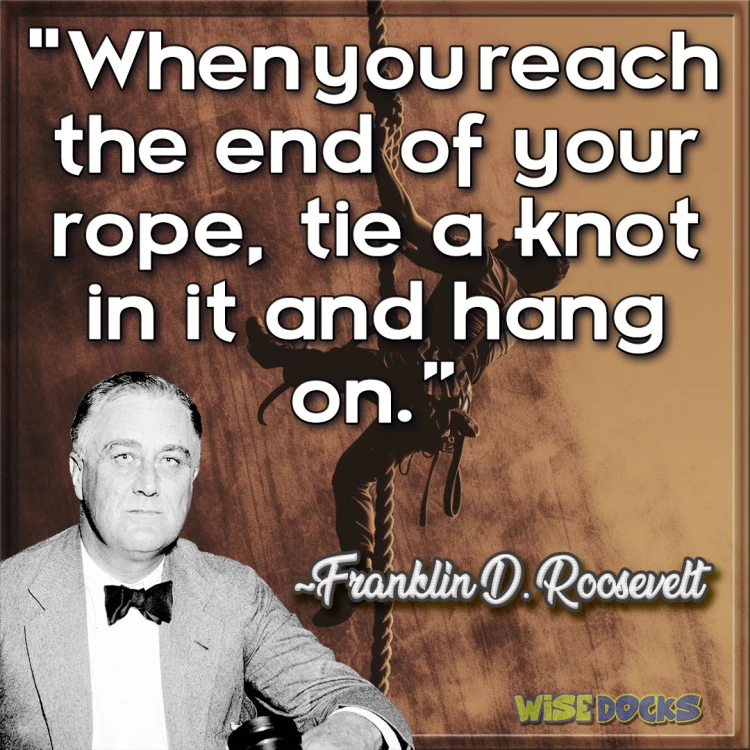
In 1896, Roosevelt enrolled at the prestigious Groton School, an exclusive preparatory institution that instilled in him a strong sense of duty towards society. Following his tenure at Groton, he attended Harvard University, where he developed a keen interest in history and governance. Graduating in 1903, Franklin further pursued his education at Columbia Law School, although he left before completing his degree to embark on a career in public service.
Roosevelt's political journey began in 1910 when he won a seat in the New York State Senate as a Democrat. His tenure was marked by his progressive stance on numerous issues, aligning him with the reformist wing of his party. During this period, Franklin forged alliances with key political figures, establishing a foundation for his future endeavors.
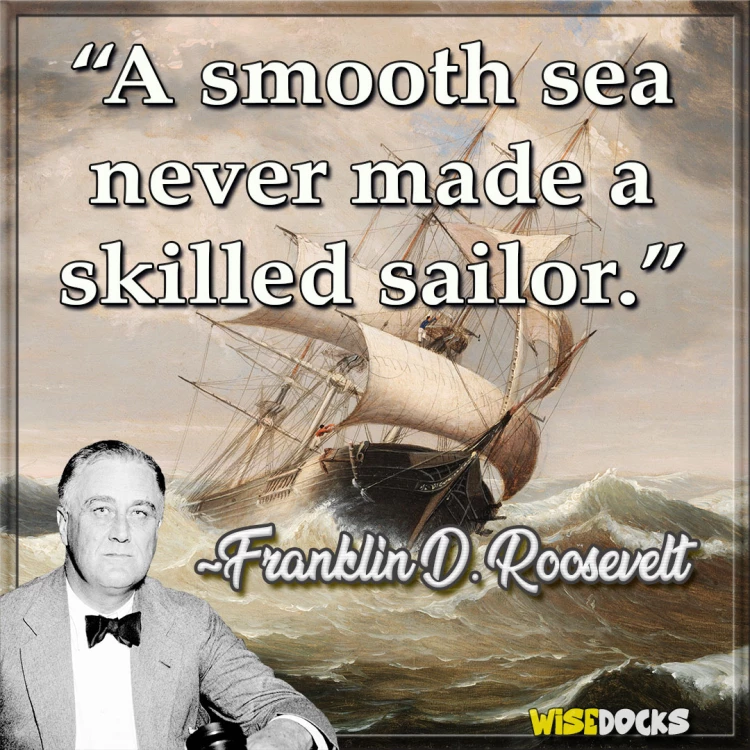
In 1913, President Woodrow Wilson appointed Roosevelt as Assistant Secretary of the Navy, a position he held for seven years. His tenure was characterized by significant contributions to the expansion and modernization of the U.S. Navy, preparing the nation for its involvement in World War I. Roosevelt's administrative acumen and leadership skills gained him national recognition, propelling him towards higher political aspirations.
A defining moment in Franklin Roosevelt's life occurred in 1921 when he was diagnosed with polio, a debilitating disease that left him paralyzed from the waist down. Despite this immense setback, Roosevelt's indomitable spirit and determination remained unshaken. He sought various treatments and therapies, notably at Warm Springs, Georgia, where he established a rehabilitation center for polio patients.
Roosevelt's battle with polio profoundly influenced his outlook on life and leadership. It instilled in him a deeper empathy for those facing adversity and reinforced his resolve to advocate for social justice and reform. His personal struggle became a testament to his resilience, endearing him to the American public and solidifying his image as a leader who could overcome immense challenges.
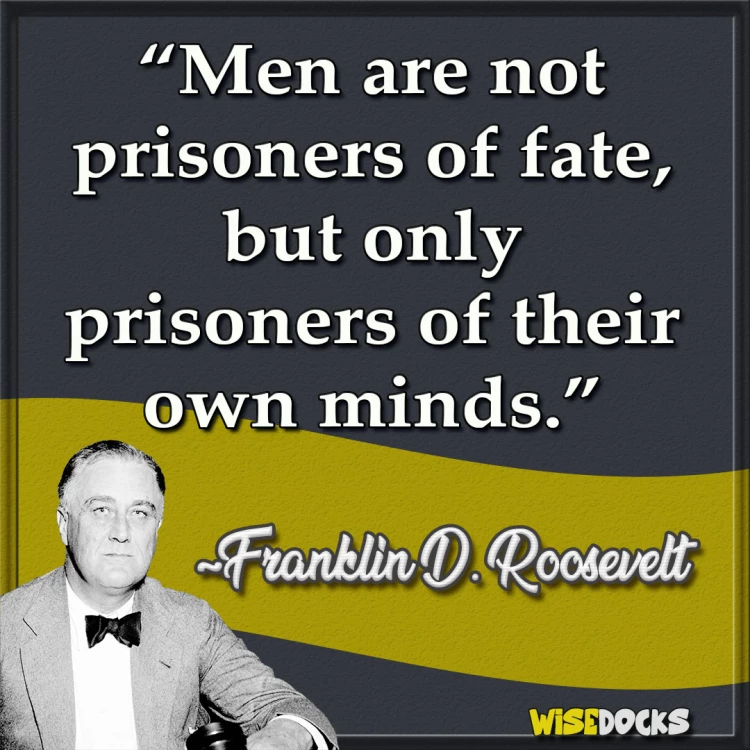
In 1928, Roosevelt was elected as the Governor of New York, a position that allowed him to implement progressive policies aimed at addressing the economic challenges of the time. His tenure was marked by initiatives to provide unemployment relief, improve labor conditions, and expand public works programs. These efforts not only alleviated the immediate hardships faced by many New Yorkers but also laid the groundwork for his future New Deal policies.
Roosevelt's leadership during the early years of the Great Depression garnered national attention. His ability to navigate the complexities of economic recovery and his commitment to social welfare resonated with the American populace. As the economic crisis deepened, Roosevelt's popularity soared, positioning him as a formidable candidate for the presidency.
In 1932, Franklin Roosevelt launched his campaign for the presidency, offering a message of hope and renewal to a nation reeling from the Great Depression. His promise of a "New Deal" resonated with voters, who were desperate for effective leadership and economic relief. Roosevelt's charisma, eloquence, and unwavering optimism contrasted sharply with the incumbent President Herbert Hoover, whose policies were widely perceived as ineffective.
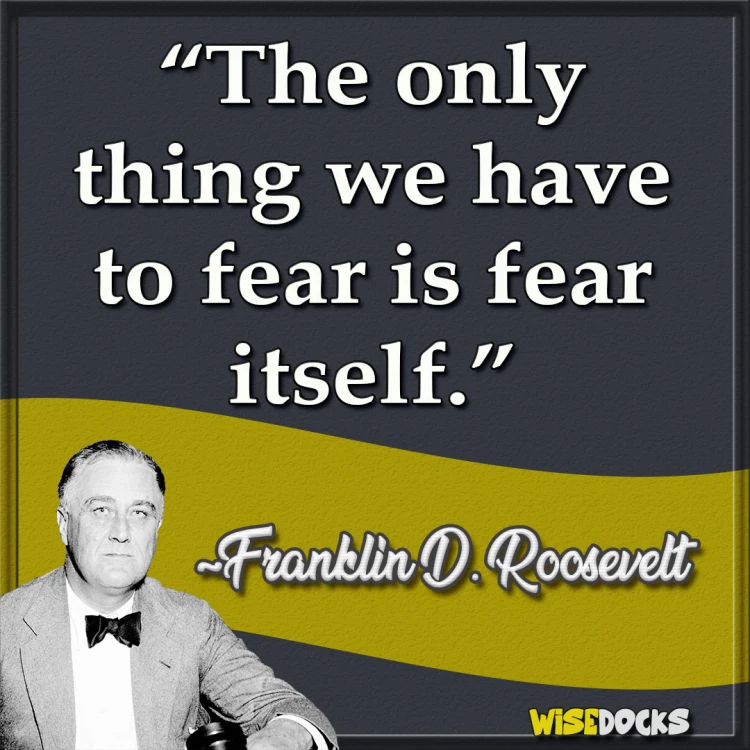
Roosevelt's landslide victory in the 1932 presidential election marked the beginning of a transformative era in American history. His inauguration speech, famously declaring that "the only thing we have to fear is fear itself," encapsulated the spirit of determination and resilience that would define his presidency.
Roosevelt's first term was characterized by a flurry of legislative activity aimed at revitalizing the economy and providing relief to those affected by the Great Depression. The New Deal encompassed a series of programs and reforms designed to stabilize the financial system, create jobs, and stimulate economic growth. Key initiatives included the establishment of the Civilian Conservation Corps (CCC), the Public Works Administration (PWA), and the Social Security Act, which laid the foundation for a social safety net.
The New Deal's impact extended beyond economic recovery; it fundamentally reshaped the relationship between the federal government and the American people. Roosevelt's policies sought to restore public confidence in the government and the economy, fostering a sense of collective responsibility and national solidarity.
As the global political landscape shifted towards war in the late 1930s, Roosevelt recognized the growing threat posed by fascist regimes in Europe and Asia. Despite initial resistance from isolationist factions within the United States, Roosevelt took decisive steps to bolster the nation's defenses and support allied nations through programs such as Lend-Lease.
The attack on Pearl Harbor on December 7, 1941, marked the United States' entry into World War II. Roosevelt's leadership during the war was marked by his strategic vision and commitment to international cooperation. He played a pivotal role in forging alliances with Britain and the Soviet Union, coordinating military efforts, and planning for a post-war world order centered on peace and stability.
Roosevelt's wartime leadership was characterized by his ability to inspire and unite the nation. His Fireside Chats, a series of radio broadcasts, provided reassurance and updates to the American public, fostering a sense of national unity and resolve. Under his guidance, the United States emerged as a global superpower, playing a crucial role in the defeat of the Axis powers.
In February 1945, Roosevelt attended the Yalta Conference alongside British Prime Minister Winston Churchill and Soviet Premier Joseph Stalin. The conference aimed to discuss the reorganization of post-war Europe and establish a framework for international cooperation. Roosevelt's vision for a united and peaceful world order laid the groundwork for the establishment of the United Nations, an enduring legacy of his diplomatic efforts.
Tragically, Franklin Roosevelt's health deteriorated rapidly in the months following the Yalta Conference. On April 12, 1945, he succumbed to a cerebral hemorrhage, leaving behind a nation in mourning. His death marked the end of an era, but his legacy endured through the lasting impact of his policies and leadership.
Franklin Delano Roosevelt's life and career were marked by resilience, visionary leadership, and an unwavering commitment to public service. From his early political endeavors to his transformative New Deal policies and wartime leadership, Roosevelt's contributions left an indelible mark on American history. His ability to navigate the complexities of economic recovery and global conflict, coupled with his empathy and determination, solidified his place as one of the most influential presidents in U.S. history. Roosevelt's legacy continues to inspire future generations, reminding us of the enduring power of hope, courage, and collective action.